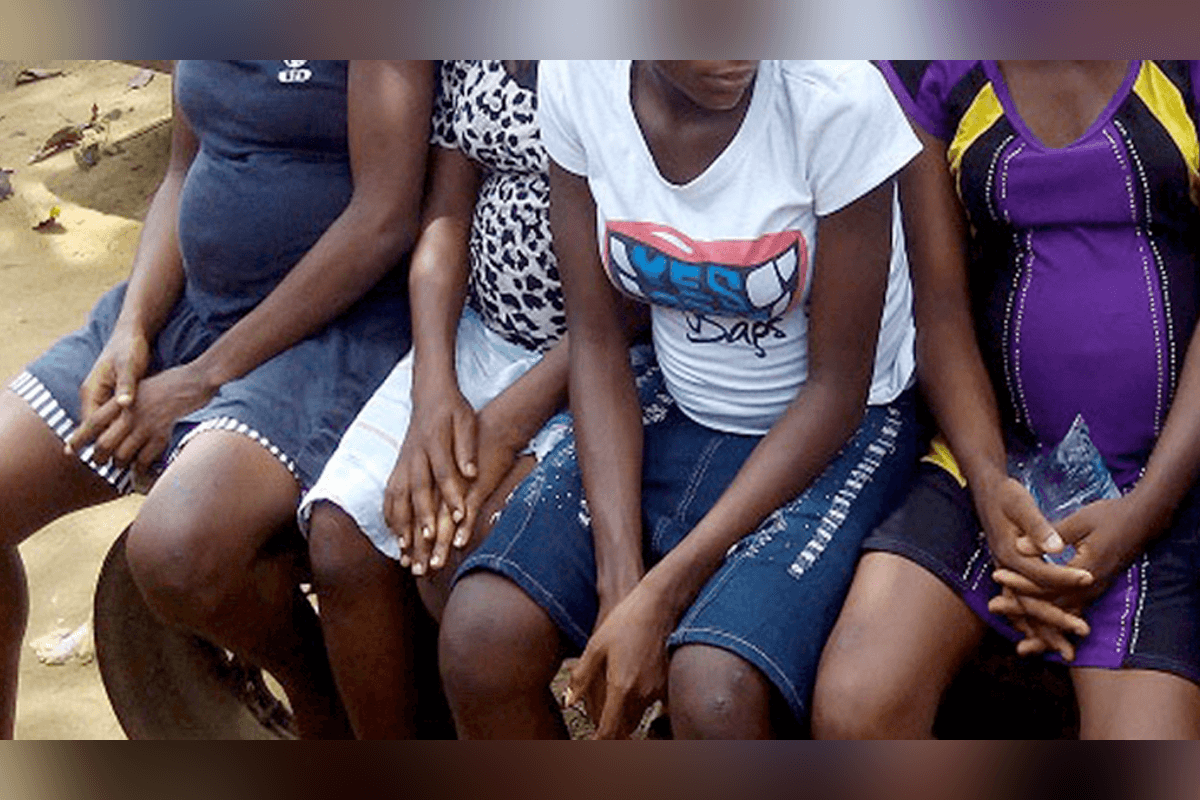
Unintended pregnancy and induced abortion are a common experience among sexually active, ‘street-involved adolescents’ (SIAs), that is, adolescent girls who are living and/or working in the street or are homeless. Regular school attendance significantly reduced their likelihood of becoming pregnant, a study has revealed. It also found that those aged 15 to 19 years who became pregnant are significantly less likely to have an abortion.
The study involved 1,505 street-involved young people aged 10 to 24 years, who either live “on the street” (working on the streets and return home to families at night) or live “of the street” (they never return home or have no contact with any family member). The study looked at how the history of pregnancy and induced abortion of the last pregnancy are influenced by age, history of school attendance, employment status, religion, living arrangement and city of residence.
It found that a large proportion of SIAs who are sexually active have a high incidence of unintended pregnancy and a high rate of unsafe abortion. Of the 424 female SIAs, 270 (63.7%) reported having had sex. Sixty-four (23.7%) respondents had a history of pregnancy, of which 38 (59.4%) gave a history of induced abortion of the last pregnancy.
A history of school attendance significantly reduced the likelihood of being pregnant, while 15 to 19 years old SIAs who were pregnant were significantly less likely to have an abortion. But unintended pregnancy and induced abortion were common experiences among the sexually active SIAs. Many were aware of the methods of, and places to induce, abortion.
According to the researchers, the most common reason given for induced abortion was that the pregnancy was unplanned. Other reasons included doubt of paternity due to multiple sexual partners, rejection of pregnancy by a sexual partner and poor financial status. The researchers called for attention to be paid to how these girls can access contraception.
The study was published in the 2023 edition of BMC Health Services Research, and involved researchers at the Babcock University, Ilishan and Obafemi Awolowo University, Ile-Ife.
SOURCES: Nigerian Tribune, by Sade Oguntola, 22 June 2023 ; PHOTO by The Guardian Nigeria: Pregnant girls, in Peoples Gazette, 7 March 2023.
ORIGINAL RESEARCH REPORT: https://bmchealthservres.biomedcentral.com/counter/pdf/10.1186/s12913-022-09014-x.pdf



